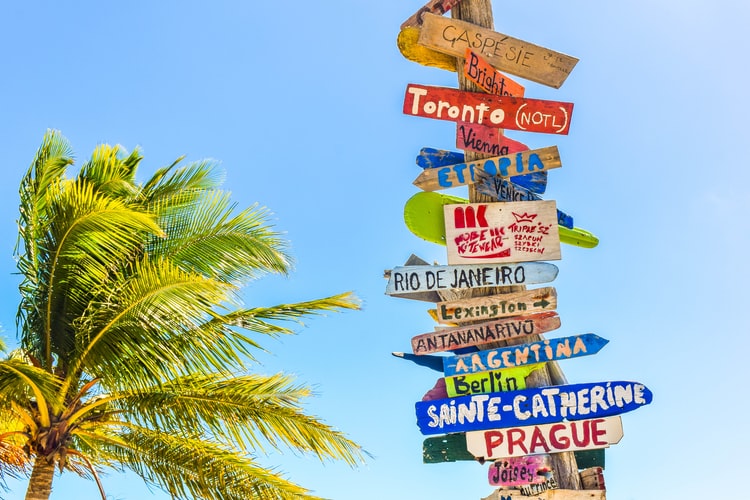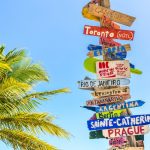Similar to any other large business, the work in a tourism business is also distributed into departments. This facilitates more efficiency in the services provided by them.
General Management
This department develops and executes overall business strategies. It is responsible for the entire organization. General management deals with determining overall business strategies, planning, monitoring execution of the plans, decision making, and guiding the workforce, and maintaining punctuality and disciplinary issues.
Marketing Department
The workforce in this department is responsible in identifying customer needs and creating tourism products to satisfy them. The marketing managers mainly are involved in the following activities −
● Market Research − It includes understanding the environment, staying tuned with the economic developments, knowing customer needs, and strengths and weaknesses of peer competitors.
● Understanding Market Segments − It includes dividing the total tourism market into smaller market segments. It also involves targeting particular markets, creating separate appealing tourism products for different market segments, and positioning those products to draw consumers. For example, Kesari Tours offers different products for Students, honeymooners, women, and senior citizens.
● Product Decisions − It is about deciding about addition or removal of a product feature in an offering, deciding about development of new product, manipulating product features.
● Promotion Decisions − It includes informing the target market about various products they would find interesting. Marketing department joins hands with publicity agencies such as radio, television, and website management agency to promote the product package.
● Price Decisions − It involves decisions about the selling cost of product as well as discount rates.
● Product Distribution − It pertains to which intermediary to employ and where to place the promotional material.

Operations Department
The Operations Department combines two or more tourism components (among attractions, transportation, intermediaries, destination, accommodation, and activities) to create a package and sell it to the consumer.
● It organizes and conducts a tour within or out of the country and ensures that it turns out successful.
● It prioritizes customer preferences and supplier offerings to determine the best tour arrangements.
● It plans the tour itinerary and informs the customers about the schedule of the tour and details such as how to reach the destination, what to see and do there.
● It contacts relevant agencies for making arrangements of accommodations and bookings travel tickets.
Finance Department
The Finance Department is responsible for acquiring and utilizing money for financing the activities of the tourism business. The finance people assess short term and long term capital requirements.
Long term capital requirements in tourism are maintenance of office building, vehicles, office infrastructure, and business equipment. Short term capital requirements involve labor and staff payments, providing communication facility, payment of electricity and other resources.
A large number of tourism businesses need to invest initial amount for hotel, lodges, and airline bookings. The owners of tourism business invest their money with the sole purpose of getting high returns out of the investment. Hence the head of the finance department is obliged for achieving the organization objectives by using the finances wisely.
Sales Department
This department is solely responsible for selling the relevant tourism products to the consumers. The sales person in the tourism business is the first link between the tourism business itself and the consumer. The staff must have deep knowledge of the product and strong communication skills to convince the consumers. The sales person also promotes the destination.
● The sales staff identifies and cultivates new customers.
● The sales staff recommends best suited products to the customer by assessing their needs.
● They sell a tourism product successfully by approaching, presenting key features, resolving customer queries, and closing the sell.
● The sales staff maintains cordial relationship with the customers.
Human Resource Department
This department is responsible for recruiting skilled, and experienced manpower according to the positions at vacancies of different departments. It is also responsible for conducting orientation programs and trainings for new staff, recognizing the best facets of staff and motivating them to achieve organization objectives.
Purchase Department
By following a standard procedure of procurement, this department ensures the enterprise has appropriate and timely supply of all the required goods and services. The purchasing department procures the goods and services to be consumed by other departments in the business organization.

